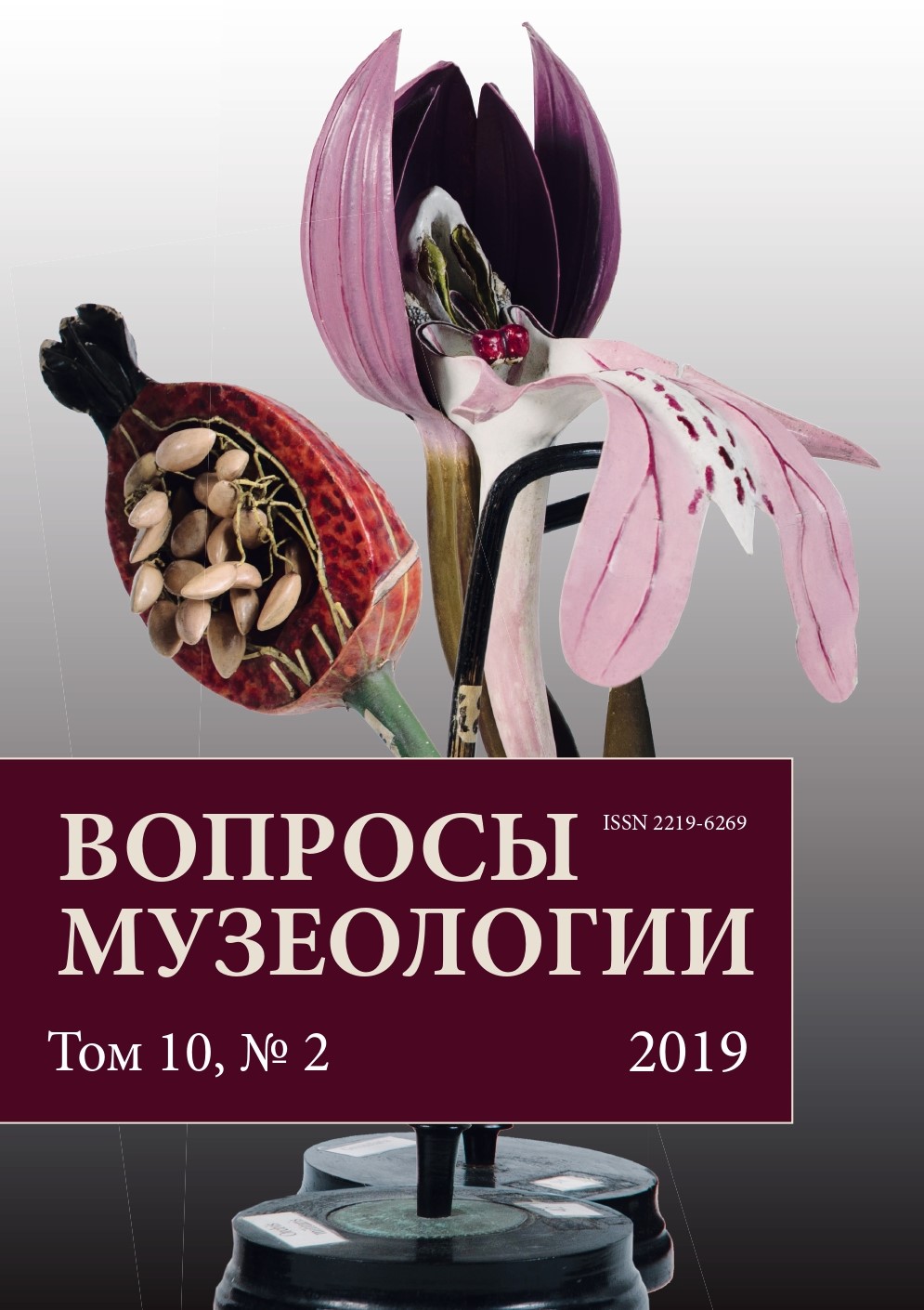Development of museum affairs in Azerbaijan at the end 20th — beginning 21st century
DOI:
https://doi.org/10.21638/11701/spbu27.2019.205Abstract
The article analyzes the formation and development of museums of Azerbaijan at the present stage. This historical stage covers an almost 30-year period, the beginning of which is indicated by the restoration of independence by Azerbaijan in 1991. An approximate periodization of the development of modern museum work in the country is given, based on the establishment and improvement of the regulatory framework, according to which the situation is chronologically three decades. The first period covers 1990-first half of 2010. Given the difficult political and economic situation, the war and the occupation of 20 % of the territory, the improvement of museum work and the introduction of the new target strategy of museum activity changed ideological attitudes, which resulted in changes in the infrastructure. During this period registers for monuments were created, restoration carried out, and the possible museumification of monuments in the future was considered. The second period includes up until 2011, when museum legislation was significantly expanded. This stage is characterized by the discovery of a number of new-type museums, with a change in museum policy towards depressurization of the classical museum space. It is noteworthy that against the background of the priorities of cultural policy on the formation of a positive image of the country, strengthening the factor of museums’ “soft power” gained significance. In 2005–2011, plans for further development were determined, which became an important element in the promotion of cultural heritage in the second decade of the 2000s.
Keywords:
Azerbaijan, modern museums, museum policy, museum legislation, museums in the 2000s
Downloads
References
Литература
References
Downloads
Published
How to Cite
Issue
Section
License
Articles of "The Issues of Museology" are open access distributed under the terms of the License Agreement with Saint Petersburg State University, which permits to the authors unrestricted distribution and self-archiving free of charge.




